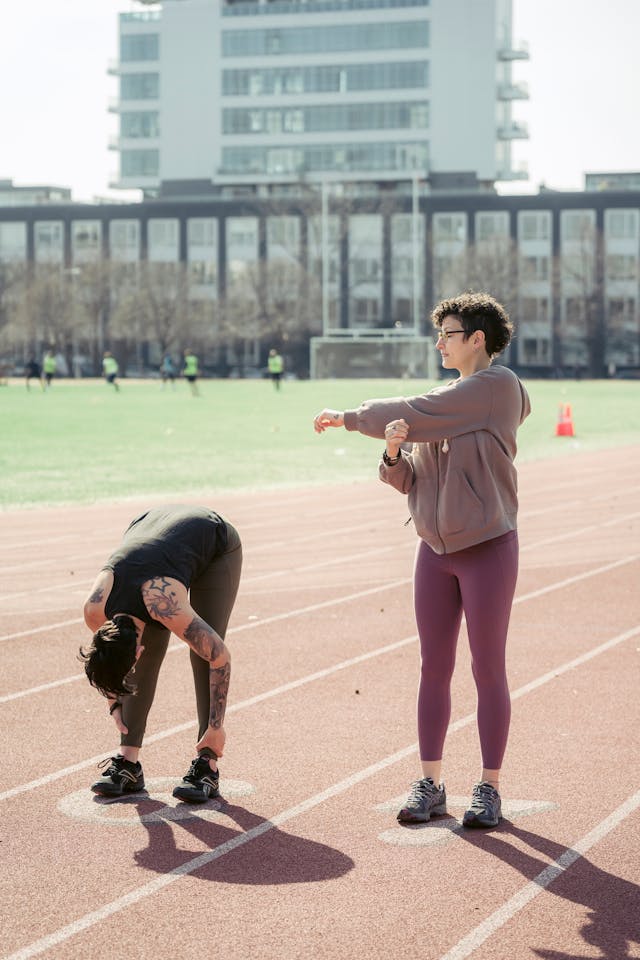Undergoing ACL surgery can be a daunting prospect, but preparing your body before the procedure can make a significant difference in your recovery journey. This preparation phase, known as prehabilitation or prehab, focuses on strengthening the muscles around your knee and improving your overall fitness to ensure the best possible outcomes post-surgery. Whether you’re an athlete looking to return to your sport or someone aiming to regain full mobility, engaging in a well-structured ACL prehabilitation program is essential.
This article provides an overview of ACL recovery and the importance of rehabilitation, with a focus on ACL rehabilitation and prehabilitation ACL exercises.
ACL prehabilitation, or prehabilitation ACL, is the proactive approach of preparing your knee before surgery. This process involves targeted exercises that strengthen the muscles around your knee, improve joint stability, and enhance your overall physical condition. The benefits of ACL prehab are numerous—it can reduce postoperative pain, decrease swelling, and speed up your recovery time. By focusing on ACL prehab benefits, you set the stage for a smoother transition from surgery to full recovery.

Engaging in prehabilitation ACL before surgery offers several advantages. First and foremost, it helps in building muscle strength, which is crucial for stabilizing the knee joint post-surgery. Additionally, ACL pre-surgery exercises can significantly improve your range of motion and reduce inflammation, making it easier for your body to heal after the procedure. Prehab before ACL surgery not only prepares your body physically but also mentally, ensuring you are in the best possible condition to handle the challenges of recovery.
Incorporating the right ACL prehab exercises into your routine is key to a successful recovery. Some effective prehab exercises for ACL injuries include:
These ACL strengthening exercises are designed to enhance muscle strength and joint stability, making them ideal for ACL prehabilitation.
Yes, squats are highly beneficial for ACL prehab, provided they are performed correctly. Squats for ACL strengthening help build the quadriceps, hamstrings, and glutes, all of which are crucial for knee stability. However, it’s important to maintain proper form to avoid putting excessive strain on your knee.
Absolutely! Cycling for ACL recovery offers a low-impact workout that promotes knee mobility, strengthens the quadriceps, and improves cardiovascular health. Starting with short, gentle sessions and gradually increasing intensity can yield significant benefits for ACL prehab cycling.
Yes, you can engage in prehab even if you have a torn ACL, MCL, or meniscus. Prehabilitation ACL exercises will focus on strengthening the surrounding muscles to support the knee joint, reducing pain, and improving function until surgery is performed.

After surgery, the focus shifts to ACL rehabilitation. This phase involves a structured rehabilitation program designed to restore knee function, strength, and stability. Key ACL recovery exercises during this phase include:
Setting clear goals and adhering to a consistent rehab routine is vital for a successful recovery.
Long-term ACL recovery doesn’t end with post-surgery rehabilitation. Maintaining knee health through regular exercises is crucial for preventing re-injury and ensuring long-term success. Incorporating low-impact activities, regular strengthening routines, and flexibility exercises into your lifestyle can help maintain the benefits achieved during ACL rehab. Prioritizing long-term ACL recovery and ongoing maintenance is key to preserving knee function and overall mobility.
Engaging in a structured ACL prehabilitation program before surgery is crucial for a smoother recovery and long-term knee health. By focusing on targeted ACL prehab exercises and continuing with post-surgery ACL rehabilitation, you can significantly improve your recovery outcomes and prevent future injuries. For personalized support and expert guidance, explore our Sydney physiotherapy services, Melbourne physiotherapy services, or contact Healthproof Physio today. Additionally, visit the Healthproof Physio or learn more about our mobile health services for comprehensive care options.

